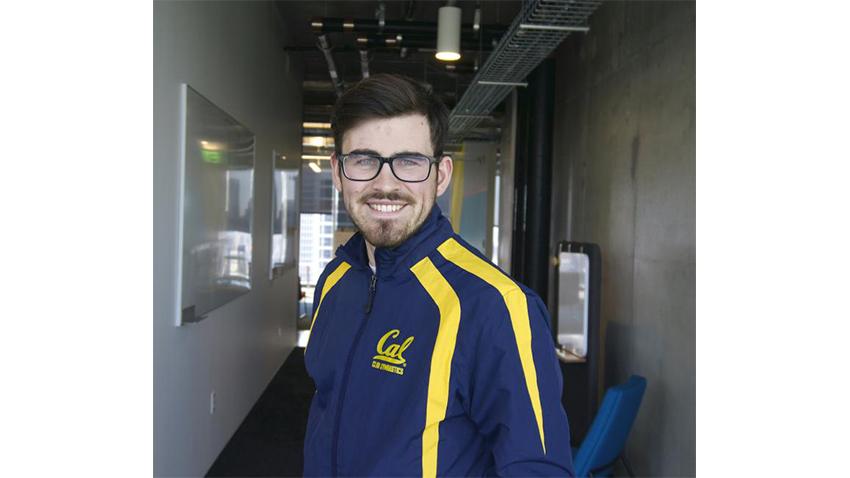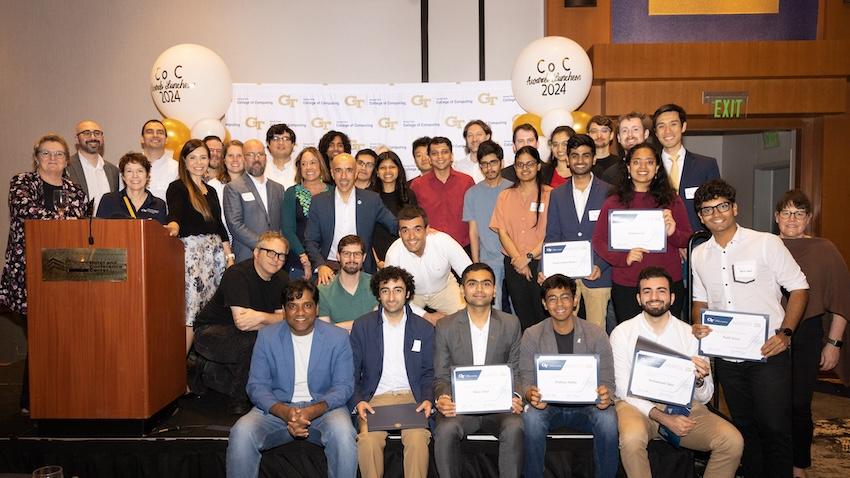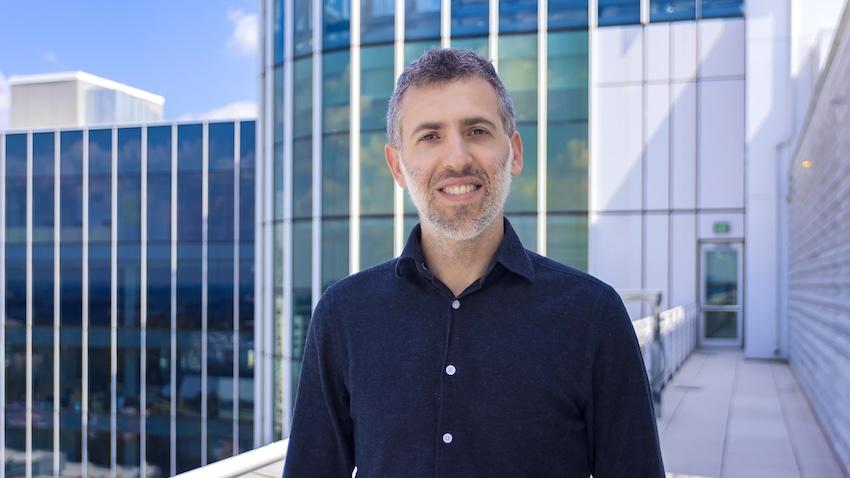
Making Crime Data More Accessible and User Friendly
We use crime data to inform our decisions on where to move, what schools to enroll our children in, where to develop businesses, and more. Despite its impact on our decision making, however, most crime data reports cannot be understood by the average viewer.
Austin Wright, a Ph.D. student in the School of Computational Science and Engineering (CSE), is hoping to correct this data divide in collaboration with Professor Scott Jacques from the Andrew Young School of Public Policy at Georgia State University (GSU).
Together, with data acquired by the GSU police department and other experts in the field, Jacques and Wright are working to develop novel data analysis and visualization tools to make crime and criminology data and trends more accessible.
“Currently, the availability of standardized and up-to-date crime incidence data from the federal government is complicated by the tools used for dissemination. Furthermore, the audience for whom this data is the most important, often does not have extensive training in data visualization and analysis; which can lead to erroneous conclusions or misleading charts in news publications or even in academic research,” said Wright.
By making the process of scraping up-to-date data easier, and then enabling subject matter experts to more effectively generate quantitative analyses, this research can make insights from existing data more readily available to those in academia and the general public.
The interdisciplinary project makes use of a wide variety of methodologies including human centered design practices, data visualization and automated data analysis, as well as computer science and social science analysis.
This cross-institute partnership is made possible through the GT-GSU Public Interest Technology (PIT) program, which was founded to support collaborations between technologists and social scientists. The PIT program specifically works to alleviate the continued equity challenges of the Southeast region and provides a model for regional PIT work focused on community challenges.
[Related News: New Partnership with Georgia State Looks for Computing Solutions to Social Challenges]
As part of this program, Wright was selected as a GT-GSU PIT Fellow for 2020 to develop research for crime data. His interest in this field came about after being introduced to Jacques through a meeting with School of Computer Science Regents’ Professor Ellen Zegura, the co-lead of the Civic Data Science and Data Science for Social Good (DSSG) Programs.
“During my first semester at Tech I focused on trying to build as many connections as possible with researchers in the space of trying to make machine learning and data science work for the public good. Luckily, Professor Zegura was in the process of setting up a cross-institute collaboration with Georgia State for just that purpose, which is now the PIT Fellows Program,” said Wright.
We are thrilled to announce Vivek Sarkar as the new Dean of the College of Computing at Georgia Tech! With a distinguished career spanning academia and industry, Sarkar's leadership promises to elevate our community to new heights. https://t.co/2mX5D46cJz pic.twitter.com/LxpLTCXWZV
— Georgia Tech Computing (@gtcomputing) April 12, 2024
@GeorgiaTech's dedication to excellence in computer science (CS) has been recognized once again, with the latest U.S. News and World Report rankings unveiling the institution at 7th place overall for graduate CS studies.https://t.co/qavNUSTb7n pic.twitter.com/BcGyGBQld8
— Georgia Tech Computing (@gtcomputing) April 10, 2024


